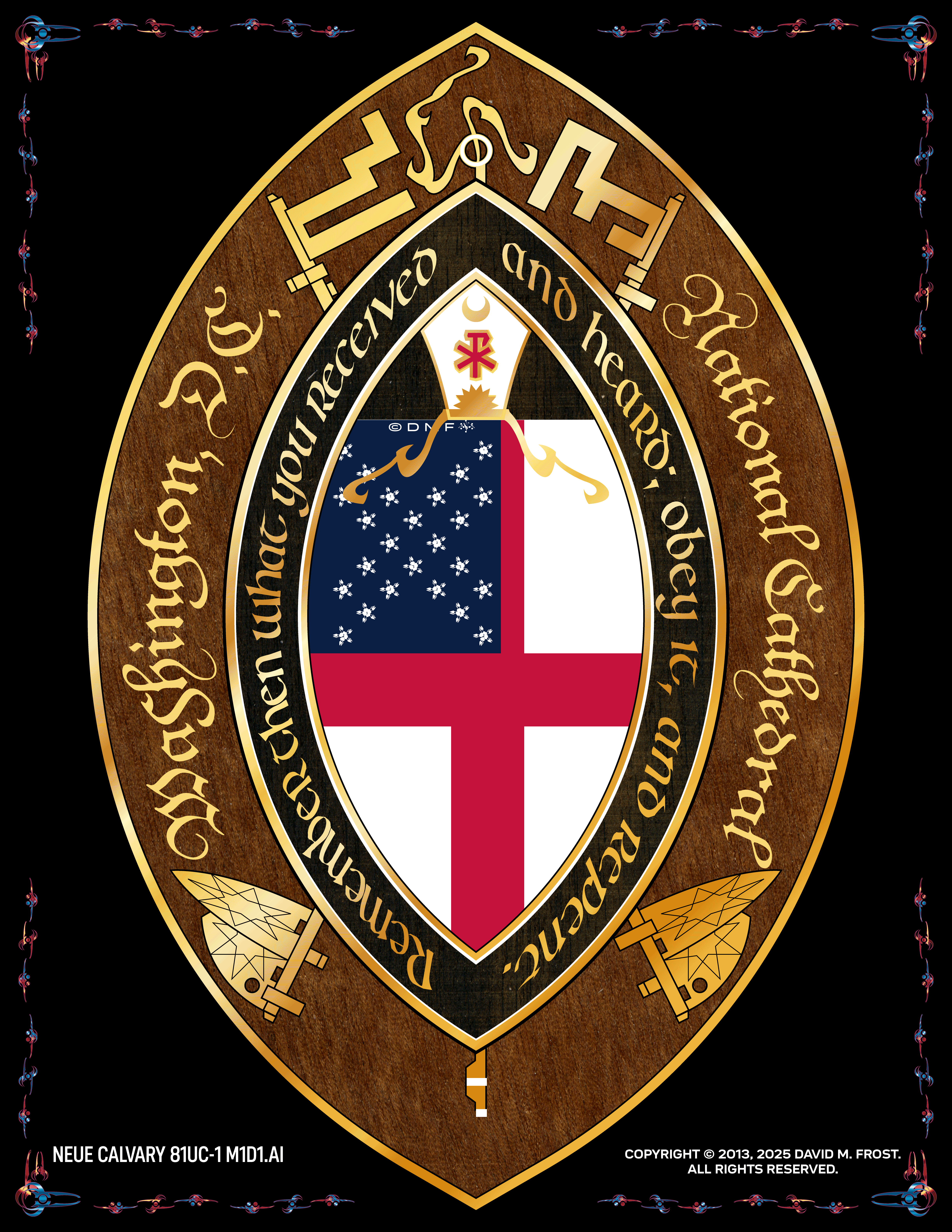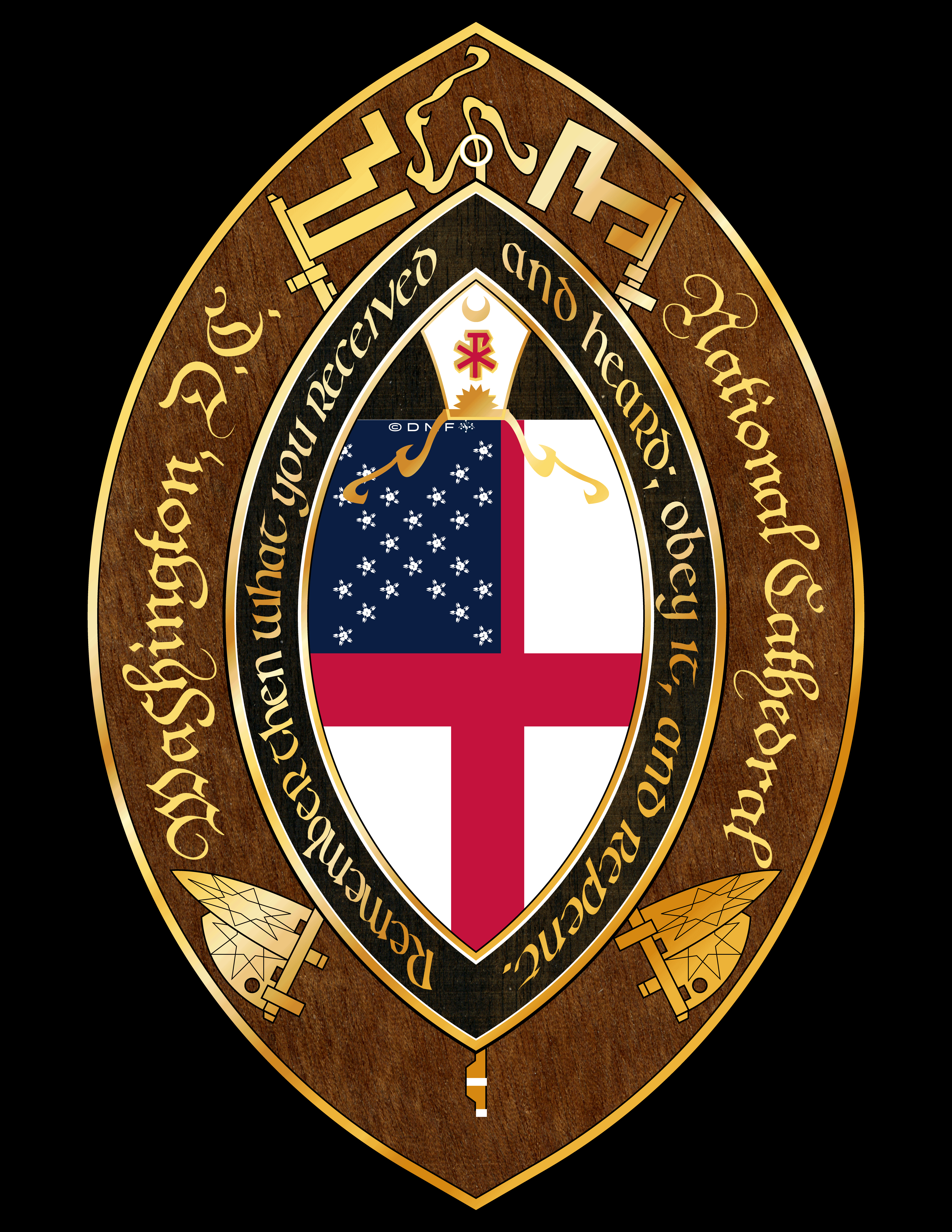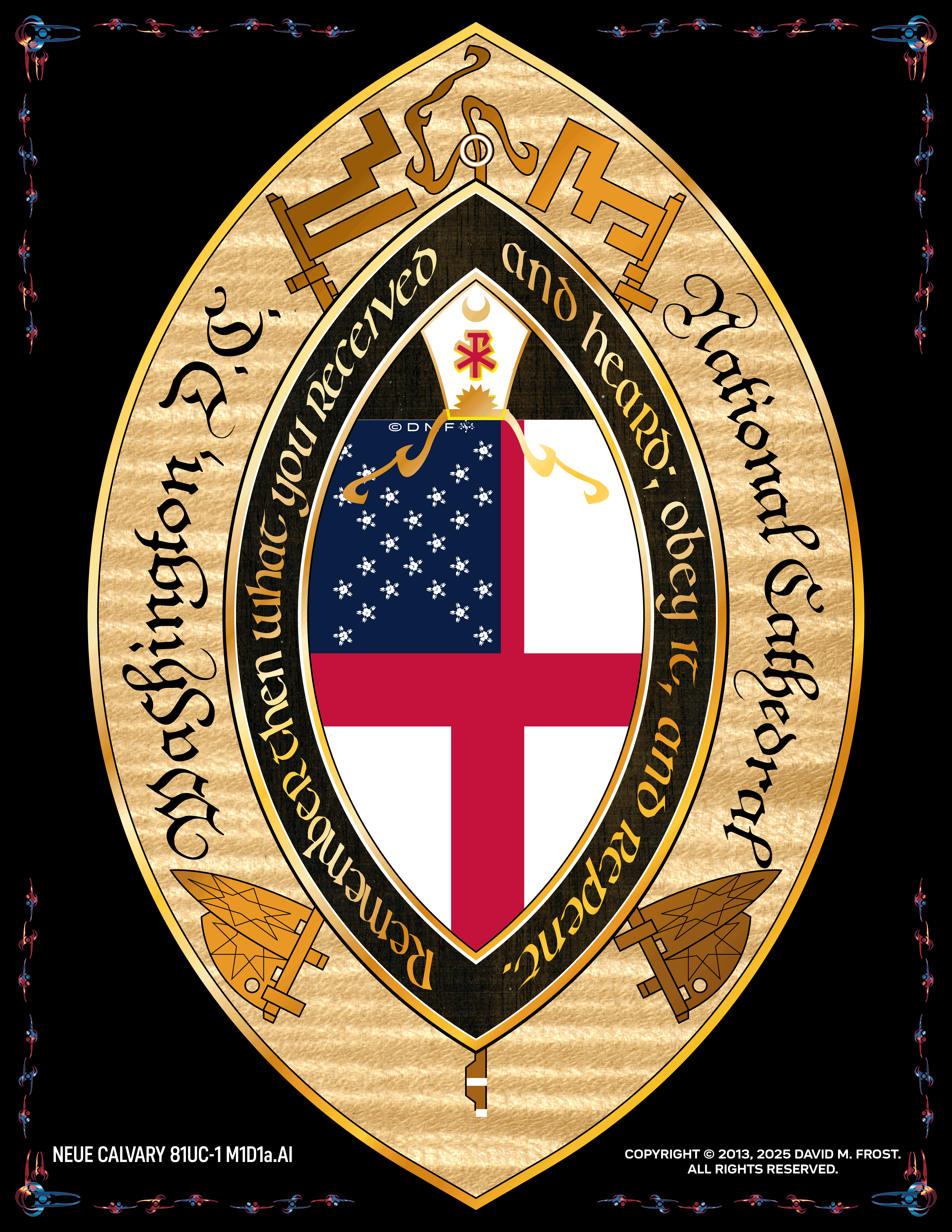HOME | DD
 Mobiyuz — Between the Giants
Mobiyuz — Between the Giants

#ainu #alternatehistory #eastasia #japan #alternatehistorymap #ainumosir
Published: 2024-03-27 06:45:44 +0000 UTC; Views: 9909; Favourites: 113; Downloads: 15
Redirect to original
Description
With the United States and Soviet Union victorious over the Axis in World War II, they promptly began to refashion the world in their own desired images, among which was the complete dismantling of the Japanese Empire. Part of this effort would inadvertently create a new dispute between Japan and the Soviet Union regarding the Kuril Islands, or more specifically the southernmost group of them. Owing to a dispute over the exact revocation of treaties between Japan and Russia going back almost a century, a group of islands immediately adjacent to Hokkaido were now a matter of international dispute at a time when Japan had become a bulwark of American hegemony in East Asia, exactly at the time that the USSR had sought to try and extend its own influence there. What seemed like a new spark that would have set off an international crisis in the developing Cold War was, rather unexpectedly, settled not by arbitration favoring either side, but rather a third group entirely.
The Ainu had long suffered at the hands of both Japan and Russia as their traditional domains were carved between the two powers, and in the war's aftermath they were a mere shadow of themselves. Down but not out, the renewed sense of hope that came with Japan's defeat lead to a new national fervor, and calls for the Ainu to be compensated for their losses as a victim of Japanese aggression. Their solution was simple: Japan and Russia claimed the islands, but the Ainu were the true native peoples of the islands (along with Hokkaido, Sakhalin, and the rest of the Kuril Islands) and should hold true sovereignty over them. The proposal was largely ignored at first, especially as Japan worked to try and hide its crimes, but the idea slowly began to gain favor in the aftermath of the Korean War when Stalin died and the more moderate Khrushchev took over. The proposal for a neutral, non-militarized state to help separate Russia and Japan was an appealing one, leading to new talks between Khrushchev and Eisenhower in 1953.
Although Japan was opposed to anything that would recognize the pain inflicted upon the Ainu, it soon gained new support in the Japanese government as less a form of restitution and more a form of continuing suppression. If there was to be an Ainu Mosir, Japan would be able to pressure its remaining Ainu population (a very small number indeed, less than 10,000 formally registered) to leave for the island and continue to embrace its own ethnonationalist sentiments. With negotiations between Washington, Moscow, and Tokyo coming to the conclusion that the "Asian Israel" would ultimately be practical for their purposes, the Ainu eagerly jumped at the chance to finally gain international recognition and accepted the stipulations: Ainu Mosir would be neutral, demilitarized, and allow political influence from both the United States and Soviet Union. Gaining independence in 1955, a large-scale migration quickly began as the Ainu either left or were "encouraged" to leave Japanese and Russian territory.
The claims of Ainu nationalists to the whole of their old domain was never formally dropped but as far as Japan was concerned the Ainu had effectively abdicated any claim to Hokkaido, allowing Japan to act as if Hokkaido was and had always been theirs. Many were unhappy to have left their home islands, but others were grateful to have a territory that was fully under their own control, allowing the Ainu to embrace a culture that had long since been suppressed by imperial forces. Literacy and fluency in the Ainu language began to steadily recover, but perhaps more importantly the creation of the Ainu Heritage Project began to dive into archived Japanese family and military records to help identify people with forgotten heritage. From an extreme low, it was recorded that there were about 75,000 people, mostly in Hokkaido, who were in fact of Ainu heritage, most some degree of mixed Ainu and Japanese heritage but a number of people who were full-blooded Ainu and simply didn't know it.
Initially intended to be a means of helping fully recover the losses sustained to Ainu culture, the project was in practice extremely controversial for the way that it affected many people in Japan who were not only thrown into a crisis of identity in their personal lives but quickly subjected to ostracization and discrimination by friends and family, as the xenophobia which underlay Japanese culture boiled to the surface and declared that these "false Japanese" were shameful and disgraceful for the "crime" of not being Japanese. In doing so, the existence of the Ainu state was fully revealed to have been as much an act of imperialism as anything else. Worse still, those who came from Japan on the backs of these revelations found an immense difficulty adapting to the new country, as even 20 years on those Ainu who had come "first" had already set themselves up as a kind of ruling caste, those who were "more truly Ainu" than those who had only found out about their heritage long after the fact.
What followed was a long period of discomfort and cultural struggle within Ainu Mosir itself, accentuated by its population booming from 20,000 to 50,000 by 1975 as the "Asiri Ainu" (new Ainu) found themselves displaced by bias and prejudice into a country that didn't even fully accept them on any basis other than their ethnic background. The worst part was that much of this reckoning went almost entirely ignored in Japan, and as the country's economic miracle climbed to new heights Ainu Mosir was stuck grappling with its own identity and nature as an Ainu state. Its intent as a restitution for the victims of imperialism had in fact only enabled it further, with some coming to see even the existence of an Ainu state as another form of Japanese imperialism and discrimination. This was on top of a growing international stigma towards many old Ainu practices, things such as the traditional tattoos worn by women but especially the iyomante ritual that had long been a central part of Ainu culture.
The long-standing issue was only resolved when most of the older generations began to finally retire or die, leaving a new generation of Ainu Mosir citizens to embrace the idea of their culture evolving to meet the modern world. Rather than trying to cling to their culture as it had always existed, or at least what was said to have always existed, Ainu culture instead began to change and adapt. The iyomante ritual was replaced actual bears with an effigy, tattoos were drawn on for ceremonial purposes with henna, traditional hunting and farming practices became cultural rites rather than means by which to live one's life, especially on such small islands. The more conservative elements opposed it, as they always did, but the progressives won out as change was steadily embraced as a fact of life. Cultures shifted and changed, and people changed with them. What emerged from this kind of cultural reckoning was a more egalitarian view of both the Ainu themselves and their place in the world, as a people who could adapt to a modern world rather than let it pass them by.
Ironically this leaves Ainu Mosir in something of a better position culturally than Japan, which despite being much much larger and far more dominant has increasingly grappled with a crisis of identity and self since the Lost Decade dragged on into the plural, and even in 2024 Japan remains uncertain of its future and its place in a world that seems to be leaving it behind. Ainu Mosir by contrast has a steadily growing population and an embrace of its ancient heritage and culture while welcoming the world in rather than shutting it out. Although one of the world's smallest nations by land area and population, far from being considered wealthy, and in the unenviable position of being between Japan and Russia, many Ainu report feeling quite happy with themselves and their country. Often they report a sense of their country feeling larger than it is, like it extends far out into the world just as the world extends into it. Which is entirely appropriate for a country whose very name translates as "The Domain of Humanity".



























